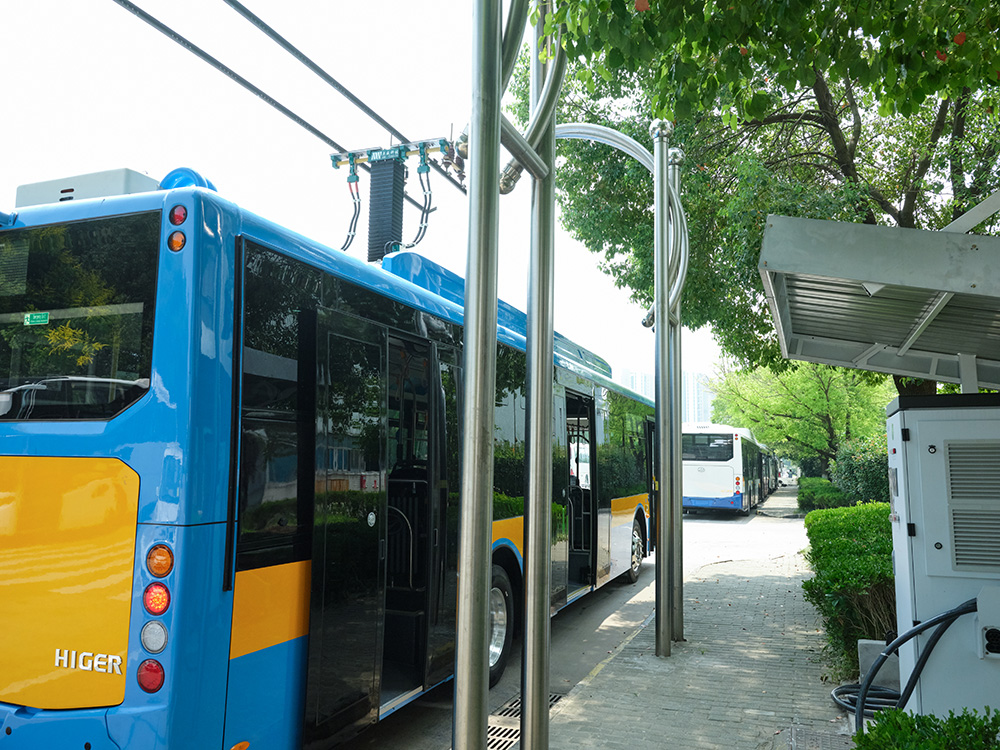The European Commission proposes stricter CO2 emission targets for new heavy-duty vehicles from 2030. To hasten the rollout of zero-emission vehicles in cities, the Commission wants all new urban buses to be zero-emission from 2030. New heavy-duty commercial vehicles would have to emit 45 percent less from 2030, 65 percent less from 2035, and 90 percent less from 2040.
The European electric bus market grew 26 percent last year, with 4152 units registered, up from 3282 in 2021 and 48 percent more than in 2020. By 2022 some 30 percent of Europe’s urban buses were zero emission.
European Commission to toughen commercial vehicle CO2 limits
Trucks, buses and coaches account for over 6 percent of EU greenhouse gas emissions and over a quarter of road transport emissions. The Commission wants tougher emissions standards to make this road transport segment help the shift to zero-emissions mobility and EU climate and zero pollution objectives.
The Commission sees the move as aligned with the European Green Deal and REPowerEU objectives. It “will also have a positive impact on the energy transition by lowering demand for imported fossil fuels and enhancing energy savings and efficiencies in the EU’s transport sector.” Transport operators and users will benefit from fuel and total cost of ownership cuts. The Commisison feels the move “will also improve air quality, notably in cities, and the health of Europeans.”
Meanwhile, the International Association of Public Transport (UITP) has announced the launch of eBRT2030, the new European Union (EU) project and major milestone in electric mobility that seeks to support sustainable urban transport by proposing innovative solutions for electric bus rapid transit (BRT). Find more on the New UITP project brings electric BRT solutions to urban transport.
Chariot Motors’ zero emissions electric buses are a major part of the transition to sustainable green urban transport. Find out more about our energy efficiency green electric vehicles here.





